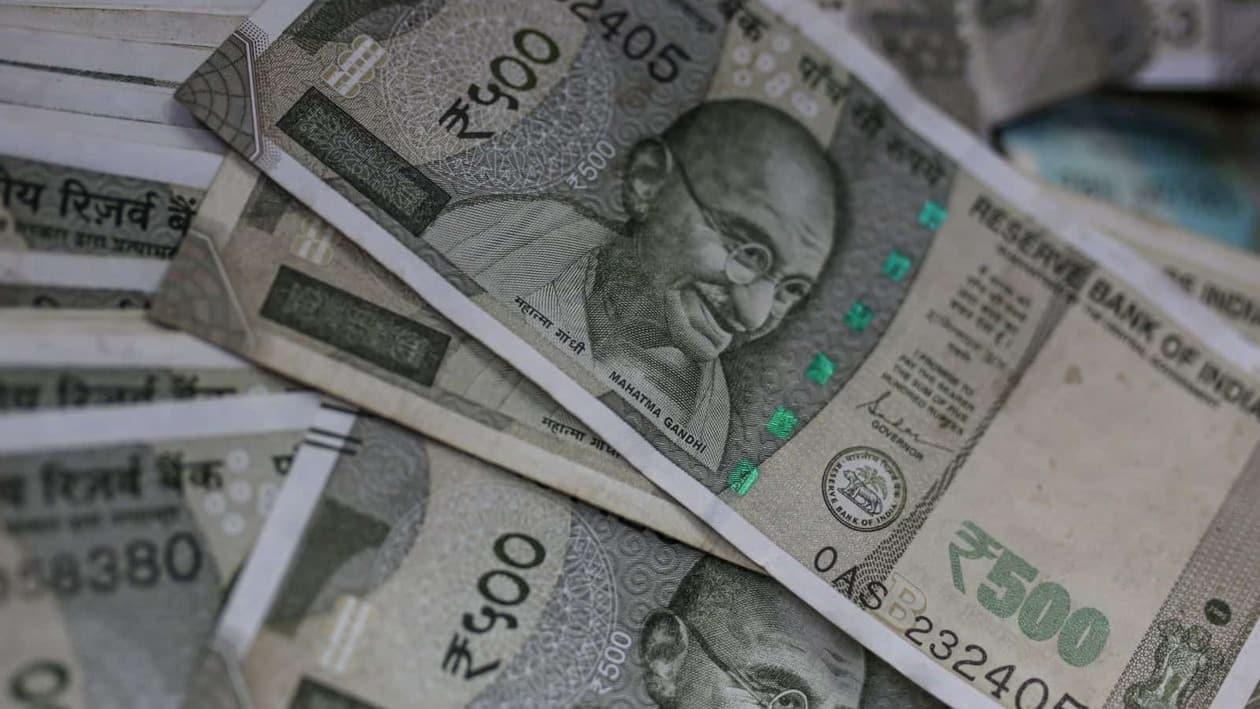The US economy is seen as a measure of world economic health. The US dollar Index compares the US dollar to a basket of six different currencies including Euro, Swiss Franc, Japanese Yen, Canadian dollar, British pound and Swedish Krona.
The Euro has the most weight (58%) followed by the Japanese yen (14%), and the pound sterling (13%). The index's value is a strong measure of the dollar's worth in worldwide markets, with a base value of 100.
Although the Indian rupee is not included in this basket of currencies, any change in the dollar index affects its value. Fund movement in India's stock market, the profitability of corporations in the import and export industry, dollar-denominated corporate debt, and commodities are all influenced by the depreciation/appreciation of the Indian rupee.
Effect of dollar on foreign institutional investors
If the index falls, the dollar weakens and the Indian rupee gains. As a result, foreign investors in India have the opportunity to generate higher returns on their capital. This causes a surge in foreign institutional investment (FII) or foreign portfolio investment (FPI), which causes the Indian stock market to rise and turn bullish.
For example, if a FII named XYZ invests $1000 in India, $1 equals 70, resulting in a 70,000 Rs. investment in India (70*1000). If $1= Rs. 80 (the dollar appreciates) after three months, the investment value of FII has decreased by 12.5 percent (70000/80= $875 against $1000 initially invested).
| At current price | If dollar index falls | If dollar index rises | |
| Rate of dollar | $1= Rs.70 | $1= Rs.60 | $1= Rs.80 |
| Investment by FIIs (In rupees) | Rs. 70,000 | Rs. 70000 | Rs. 70000 |
| Investment by FIIs (In dollars) | $1000 | 70000/60= $1166 | 70000/80= $875 |
| Investment value | Remains same | Increases | Decreases |
Given the weakening dollar index, foreign investors see India as a lucrative place to invest in order to increase their profits. FPIs and FIIs subsequently join the Indian economy and encourage growth, which enhances the country's balance of payments.
As FIIs predict lower dollar returns as the dollar index rises, they invest less in India. When it lowers, FIIs invest more in Indian equities. That's why, during the Covid, when the dollar index was much lower, we had massive FIIS inflows into Indian markets.
To put it briefly, the dollar index has a direct impact on the USD rate and hence Indian rupee. If you want to invest in the stock market, you should keep an eye out for a declining dollar index since this will cause the stock market to surge and offer you great returns on your capital.
